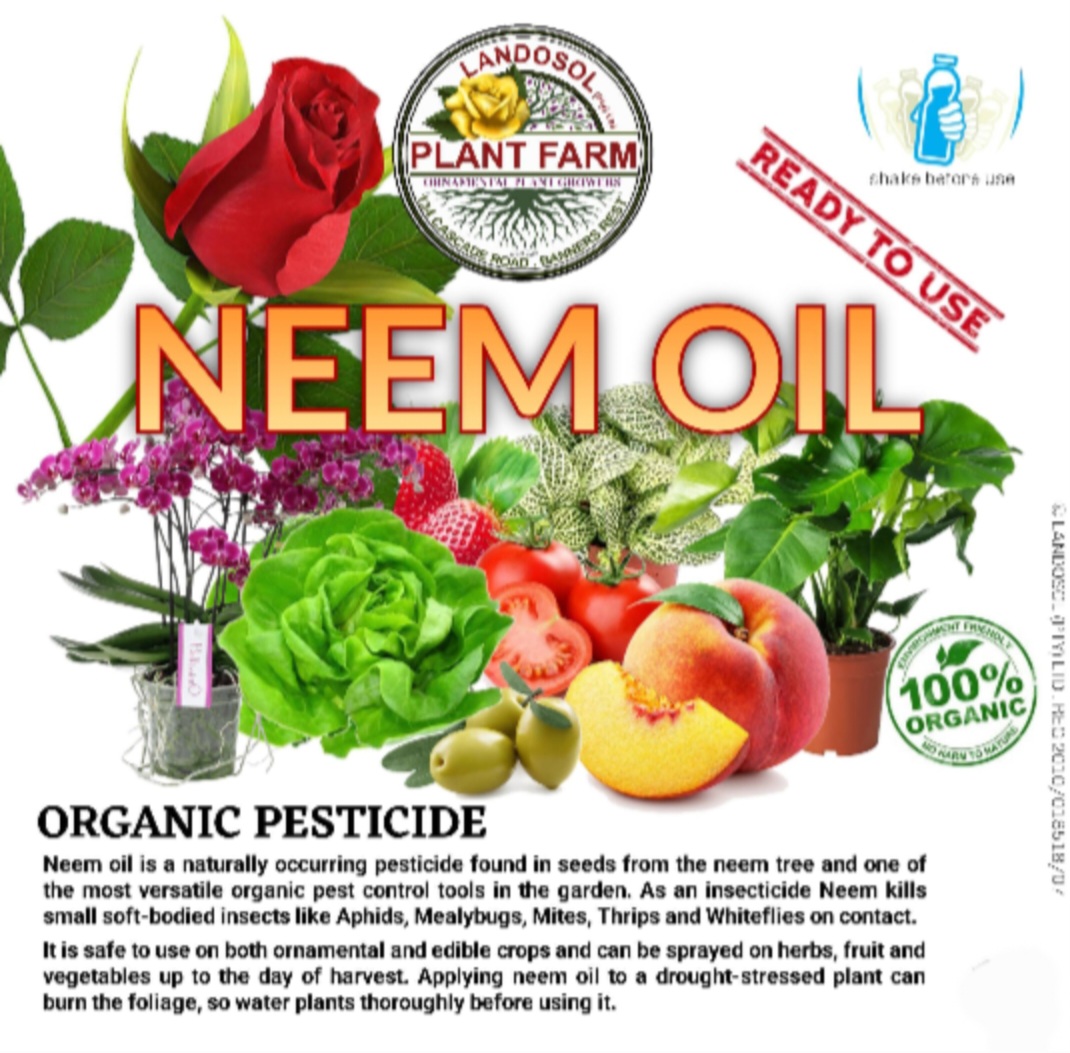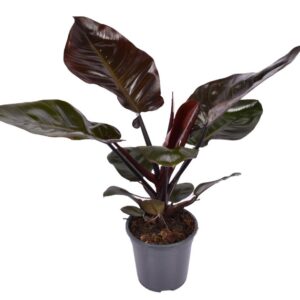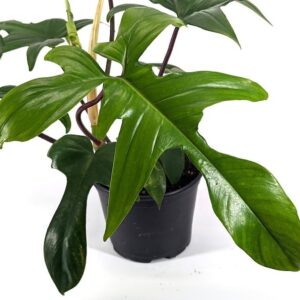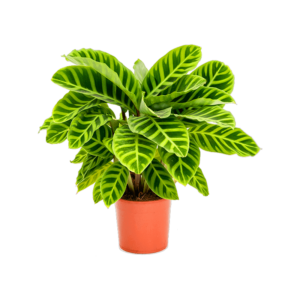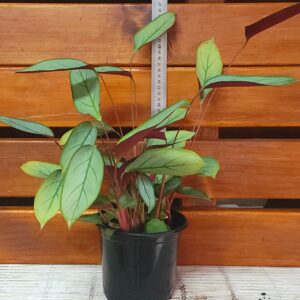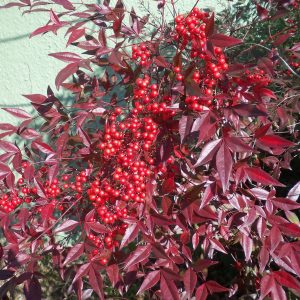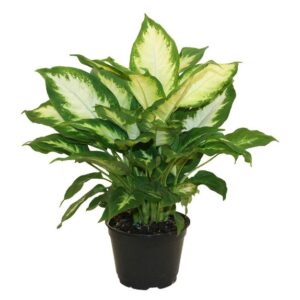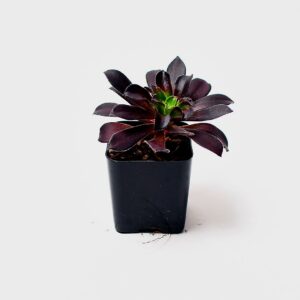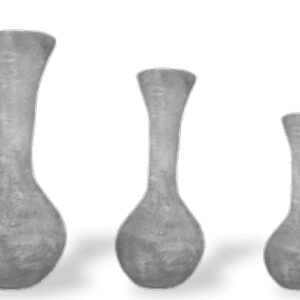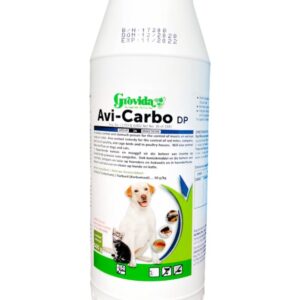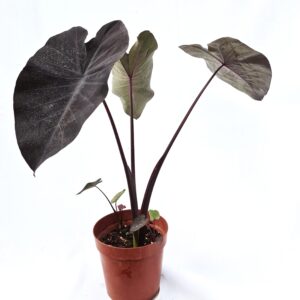Neem Oil Benefits
NEEM OIL BENEFITS
Neem oil is an effective and natural way to kill bugs on houseplants, or battle tough insect pests out in the garden.
Neem oil has a dual purpose in the vegetable garden as both a pesticide and a fungicide. It works on arthropod pests that often eat your vegetables, including tomato hornworms, corn earworm, aphids and whiteflies. In addition, neem oil also controls common fungi that grow on vegetable plants, such as Mildews.
WHAT’S NEEM OIL?
Neem oil is an all-natural, non-toxic insecticide that is found in the seeds of the Indian neem tree. It is perfectly safe to use in and around the home where there is pets or children.
HOW DOES NEEM OIL WORK?
A common misconception is that neem oil is a type of poison. It is not a poison, but rather has a chemical effect on the insects that eat it, which eventually ends up killing them.
Basically, the way it works is that it messes with the brains and hormones of the bugs, so they stop eating and mating, and eventually die off. It also works to smother pests such as aphids, mites, mealybugs, thrips and whitefly which kills them on contact.
As mentioned, Neem Oil is not a poison, but a nutural, non-toxic insecticide that can be sprayed on your vegetables today and eaten tomorrow.
NEEM OIL USES FOR PLANTS
Neem oil won’t kill all larger bugs on contact, so it might take a few days, weeks, or even months for them to disappear from the plant.
The best part is that Neem oil will only kill the ones that actually eat plants, so it won’t harm beneficial insects such as ladybugs, bumblebees, butterflies, and other pollinating and beneficial bugs. These types of insects do not eat the plant's foliage or fruit, so they won't ingest the oil the way harmful bugs will.
SHINE THE FOLIAGE
Neem oil can also be used as a natural leaf shine. After spraying neem oil onto the leaves of your plant, gently wipe each leaf to get a nice even shine.
NEEM OIL BENEFITS FOR HUMANS
Research have shown that neem oil may help fight skin infections, promote wound healing, and combat signs of skin aging.
Traditionally it is used in many medicines to:
treat dry skin and wrinkles.
stimulate collagen production.
reduce scars.
heal wounds.
treat acne.
minimize warts and moles.
In its natural form It can be used as a rub on skin and hair to smooth dryness and repair damage to hair. In addition it can eliminates head and body lice, prevented baldness, and slowed the graying of hair. As an antiseptic it will also remove bacteria on wounds, treat acne, fungal infections, warts, or moles.

